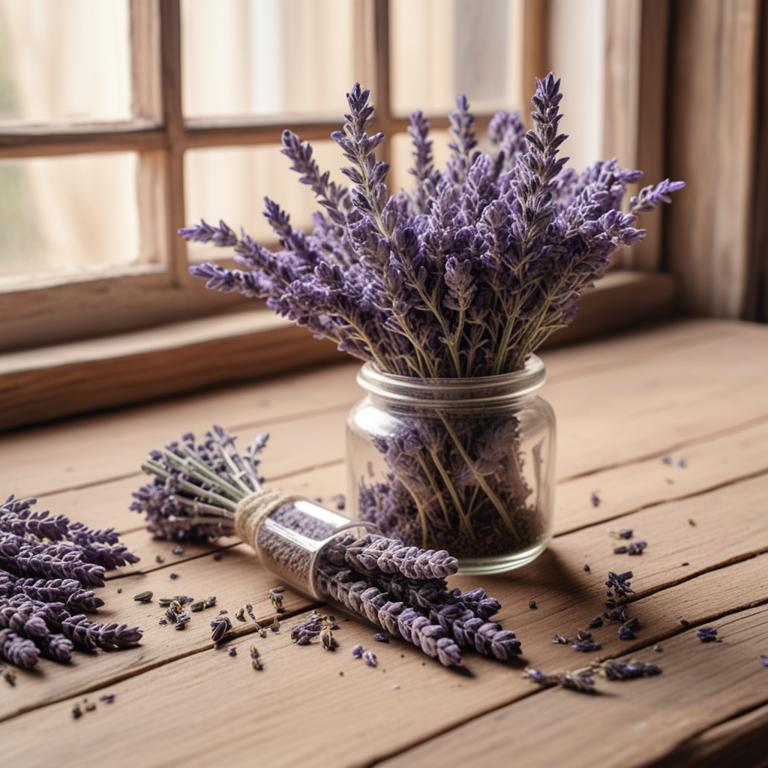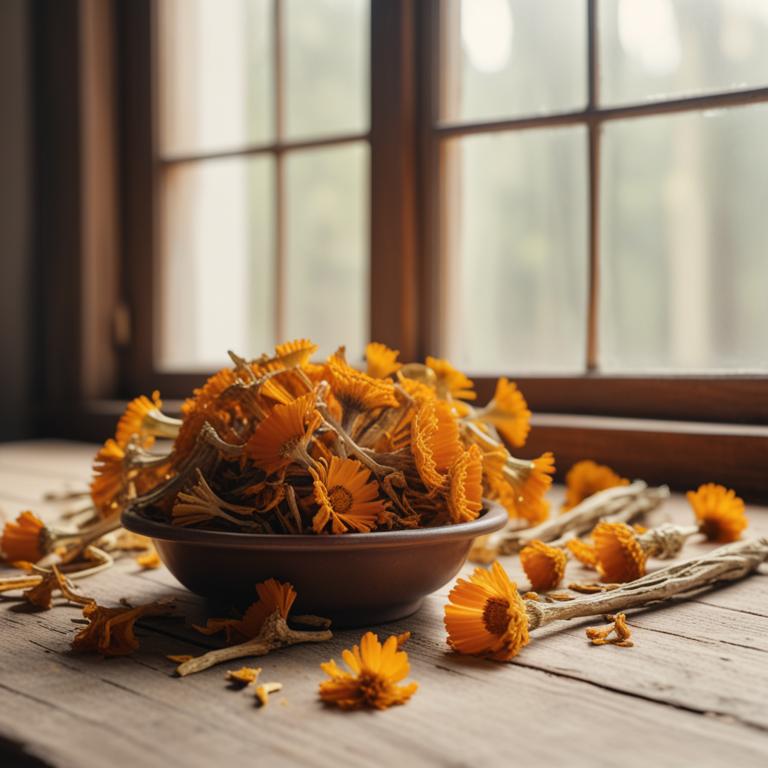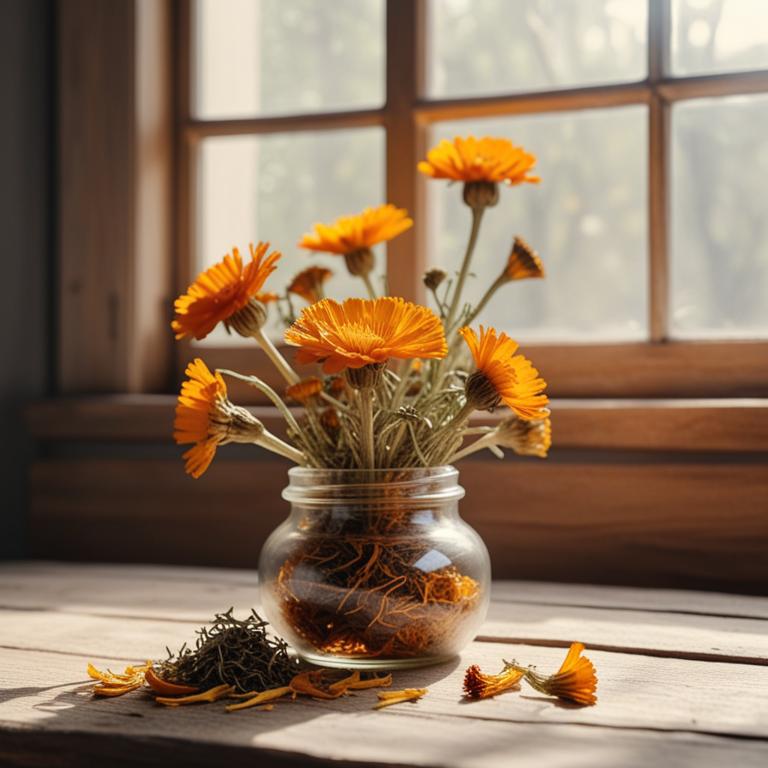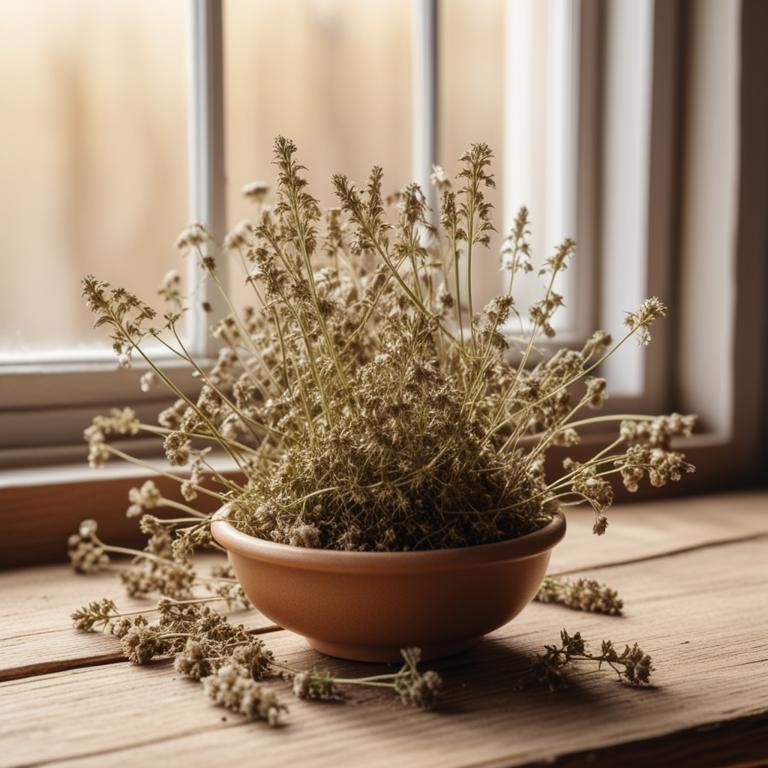Updated: Dec 1, 2024
Understanding Pimples: Causes, Symptoms, and Natural Remedies with Medicinal Herbs and Preparations
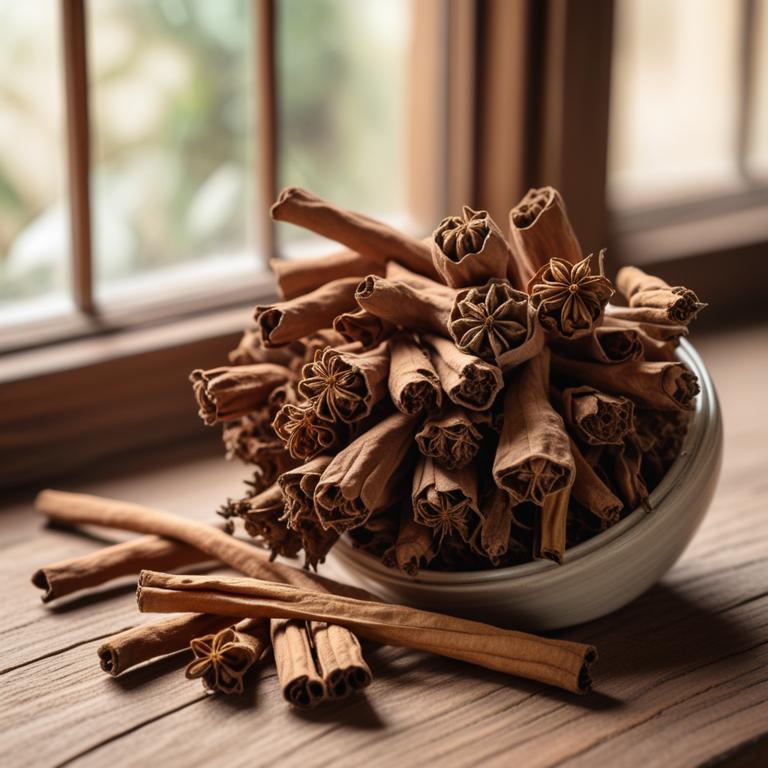
Pimples are painful bumps on your skin, usually on your face, that can make you feel self-conscious and unhappy.
They can affect your daily life, making it hard to feel confident and enjoy social activities. Pimples happen when your skin's pores get clogged with oil and dead skin cells, which can be caused by hormonal changes, stress, or using the wrong products on your skin. When you get a pimple, it can be red, swollen, and painful. It's not just about how it looks; it can also be uncomfortable to touch or even talk about. To get rid of pimples, you need to clean your skin properly and reduce inflammation.
Herbal remedies can help with this. Some herbs have natural antiseptic and anti-inflammatory properties that can soothe and calm your skin. For example, tea tree oil, which is extracted from the leaves of the melaleuca tree, has antibacterial properties that can help kill the bacteria that cause pimples. Aloe vera, on the other hand, is known for its cooling and soothing effects, which can reduce redness and swelling. To use these herbs, you can try drinking tea made from herbs like dandelion or burdock root, which can help cleanse your skin from the inside out. You can also apply aloe vera gel directly to the affected area or mix tea tree oil with a carrier oil like coconut oil and apply it to your skin.
These herbal remedies can be a natural and gentle way to help get rid of pimples and keep your skin healthy.
Table of Contents
What are the causes and effects of pimples?
The main causes of pimples are several and can vary from person to person.
One of the main causes is Hormonal Imbalance. During puberty, the body undergoes a lot of changes, including hormonal fluctuations. This can lead to an increase in oil production, which in turn can clog pores and cause pimples. Additionally, hormonal changes can also cause inflammation, making pimples worse. Another major cause of pimples is Bacterial Infection. Bacteria called Propionibacterium acnes (P. acnes) are naturally found on the skin and in the pores.
When pores get clogged with dead skin cells and oil, these bacteria can multiply quickly, causing infections and leading to pimples. Clogged Pores are also a significant cause of pimples. When dead skin cells and oil mix together, they can form a plug in the pores, trapping bacteria and causing infections. This can lead to inflammation, redness, and the formation of pimples. Lastly, Stress is another factor that can contribute to the development of pimples. When we're under stress, our body releases hormones called cortisol, which can increase oil production and lead to clogged pores.
Stress can also weaken our immune system, making us more susceptible to infections and inflammation, which can cause pimples.
What are the advantages of using herbal remedies for pimples?
Using herbs to treat pimples can be very beneficial.
One of the main advantages is that they are often natural and gentle on the skin, reducing the risk of irritation and dryness. These herbs can help to reduce inflammation, which is often the root cause of pimples. This means that they can bring down redness and swelling, making the pimple less noticeable.
Some herbs also have antibacterial properties, which can help to fight off the bacteria that can cause pimples. This can prevent future breakouts and help to clear up the skin. Additionally, many herbs can help to balance the skin's natural oils, which can become imbalanced and lead to pimples.
This can leave the skin feeling smooth and looking clear.
What are the main herbal remedies for pimples?
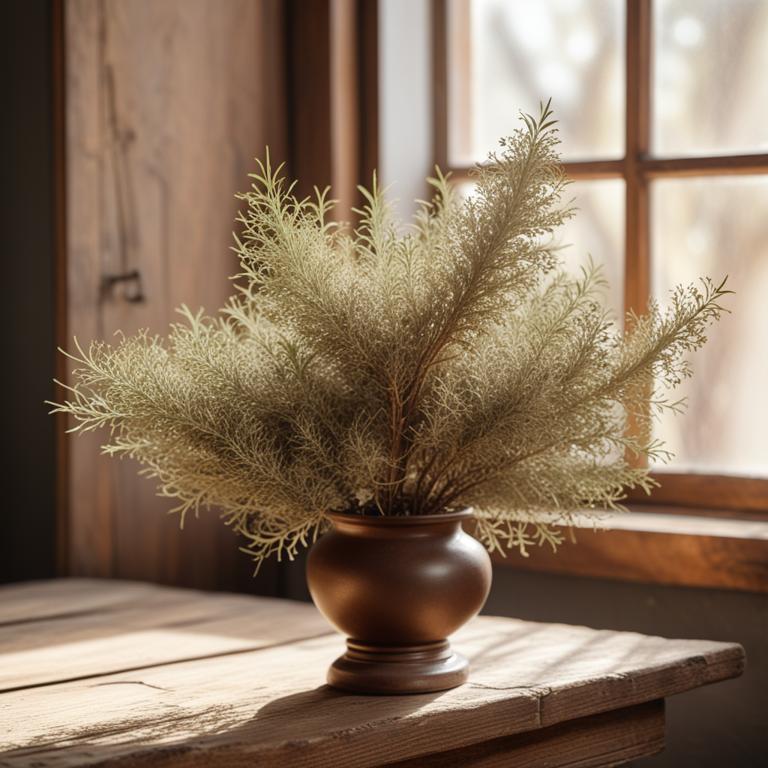
Herbs can be a great help when it comes to pimples.
One of the most effective is Melaleuca alternifolia, also known as tea tree oil. It has antibacterial properties that kill the bacteria that cause pimples, reducing their size and redness. Another herb that can be beneficial is Zingiber officinale, or ginger. Ginger has anti-inflammatory properties that can reduce swelling and pain in pimples. It also helps to dry out the pimple, making it less likely to become a bigger problem.
Aloe vera is also a good choice. It has soothing properties that can calm the skin and reduce redness. When applied directly to a pimple, it can help to reduce its size and make it less noticeable. Calendula officinalis, or marigold, is another herb that can be helpful. It has anti-inflammatory and antibacterial properties, which can help to reduce swelling and kill bacteria that cause pimples. Lastly, Lavandula angustifolia, or lavender, can be used to help calm and soothe the skin.
Its anti-inflammatory properties can reduce redness and swelling, making pimples less noticeable.
What herbal treatments are most often used to treat pimples?
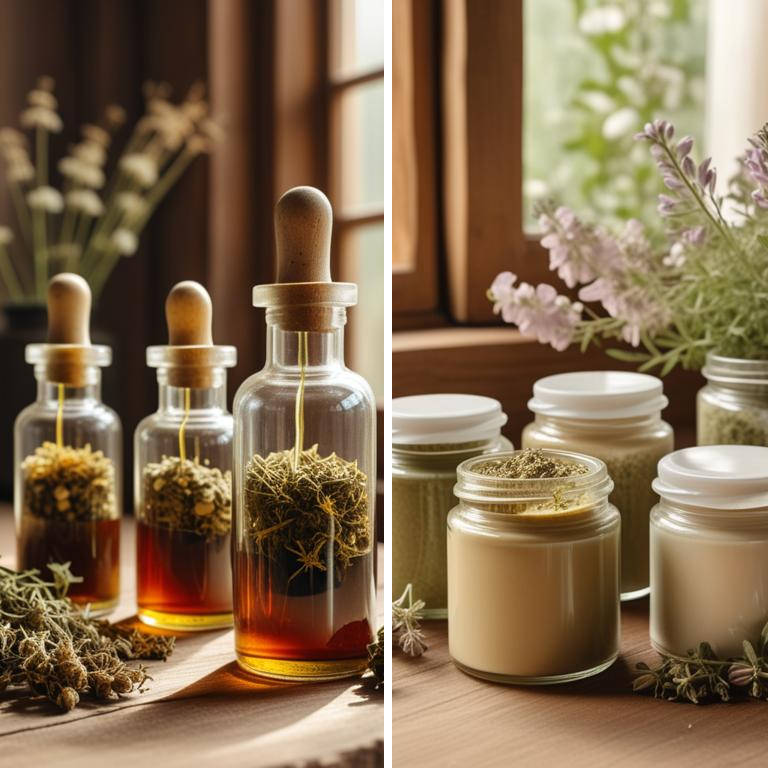
Herbal preparations can be really helpful in treating pimples.
A decoction is a strong liquid made by boiling herbs in water. It's great for drawing out infections and reducing inflammation, which can help get rid of pimples. A tincture is a liquid extract made by mixing herbs with a solvent, like water or glycerin. It's easy to apply topically and can help dry out pimples quickly. A cream is a thick paste made by mixing herbs with a carrier like coconut oil or beeswax.
It's perfect for soothing and calming the skin, reducing redness and inflammation caused by pimples. An infusion is a weak liquid made by steeping herbs in hot water. It's gentle on the skin and can help reduce acne-causing bacteria and inflammation. A salve is a thick, oily paste made by mixing herbs with a carrier like coconut oil or beeswax. It's great for applying to the skin to lock in moisture and reduce inflammation. Both salves and creams can be used to protect the skin from the environment and promote healing.
Herbal preparations like decoctions and infusions can be taken internally to help from the inside out, by reducing inflammation and fighting off infections that can cause pimples.
Additional Resources:
Which herbs can cause problems if you have pimples?
If you have pimples, you might want to be careful with certain herbs.
Cinchona officinalis, for example, can cause your skin to become more sensitive, which might make your pimples worse. Sassafras albidum is not recommended because it can cause an allergic reaction in some people, including skin irritation.
Hypericum perforatum, or St. John's Wort, can have a negative effect on your skin by causing photosensitivity, making it more prone to sun damage. Glycyrrhiza glabra, licorice root, might not be a good choice because it can cause hormonal imbalances, which can lead to skin issues like acne.
Ruta graveolens, also known as rue, is a strong herb that can cause skin irritation, rashes, and even blistering in some people.
FAQ
Are there any specific herbs that can prevent pimples?
Some herbs, like tea tree oil and aloe vera, are known to have properties that can help prevent pimples. Tea tree oil has antibacterial properties that can fight acne-causing bacteria, while aloe vera can soothe and calm the skin, reducing inflammation and redness that can lead to pimples.
Is it safe to use herbal remedies for pimples during pregnancy?
If you're pregnant and want to try herbal remedies for pimples, be careful.
Some herbs can pass into your bloodstream and affect your baby. Tea tree oil, for example, can be safe in small amounts, but large amounts or frequent use may not be safe.
Always check the ingredient label and use what you have in moderation.
Are there any herbs that can reduce the frequency of pimples?
Some herbs like aloe vera and tea tree oil have anti-inflammatory properties that can help soothe and calm the skin, reducing the frequency of pimples. Aloe vera's gel can also help keep pores clean, while tea tree oil's antibacterial properties can fight off bacteria that can cause breakouts, promoting healthier skin.
Can i combine different herbal remedies for pimples?
You can combine different herbal remedies for pimples, but be cautious.
Mixing too many ingredients can lead to skin irritation or allergic reactions. Start with small amounts and observe your skin's response. Some herbal combinations, like tea tree oil and aloe vera, work well together to soothe and calm the skin.
Experiment carefully to find what works for you.
Related Articles
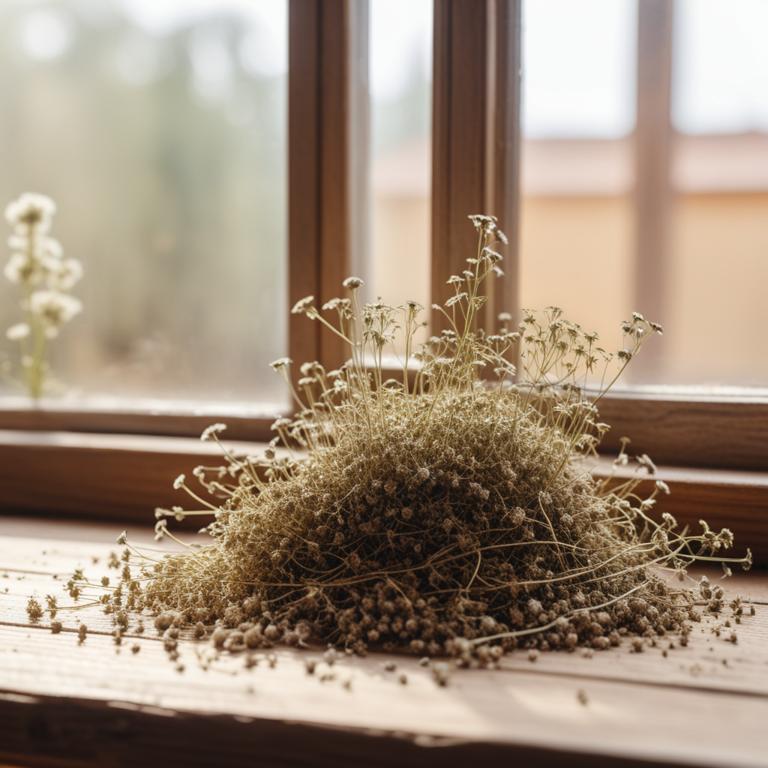
Puffy Eyes: Understanding the Causes and Finding Natural Remedies
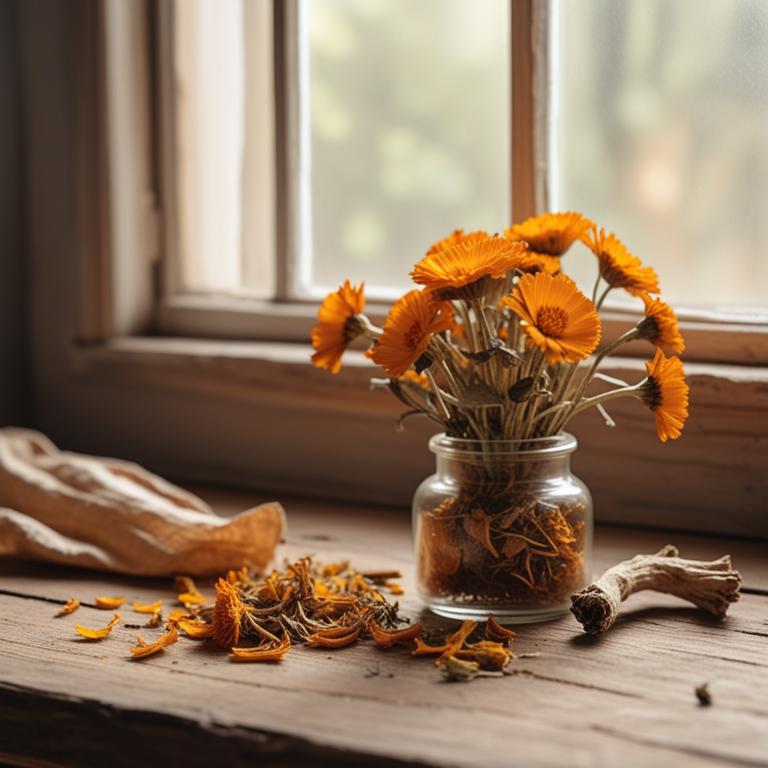
Red Eyes: Causes, Herbal Preparations, and Home Remedies
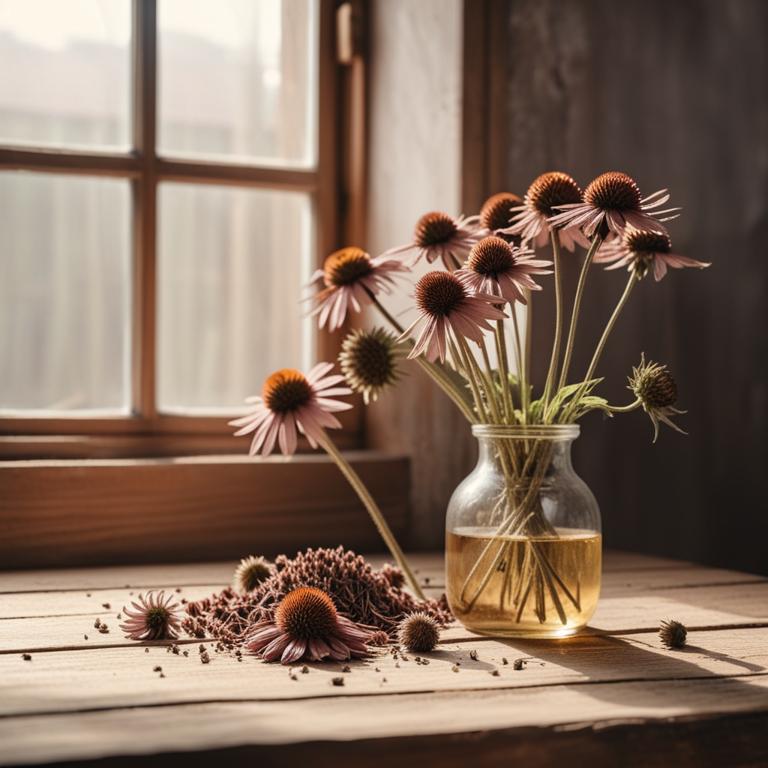
Chickenpox: Causes, Medicinal Herbs, and Natural Cures
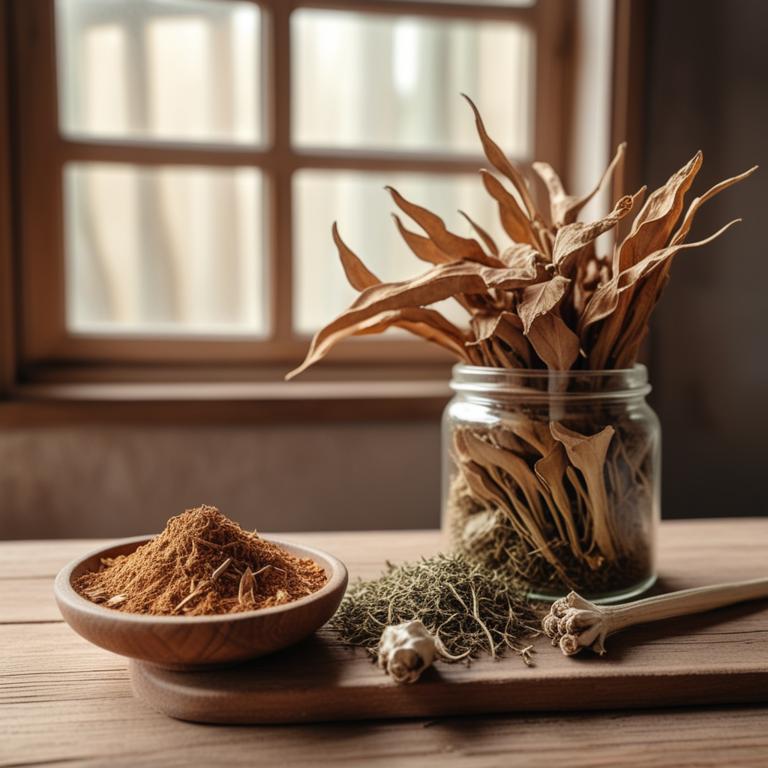
Cold Sore: Understanding Causes, Medicinal Herbs, and Natural Remedies for Relief
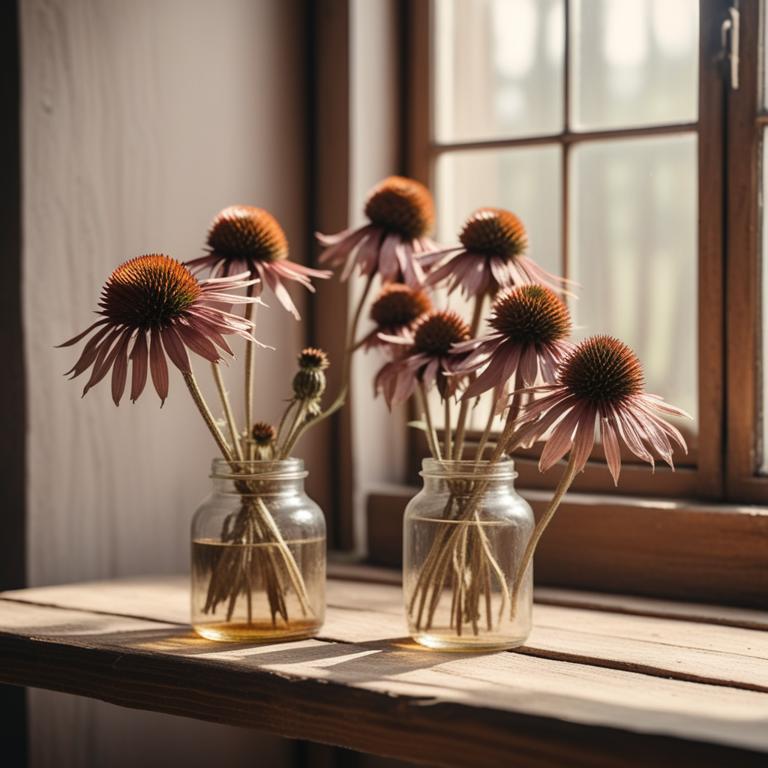
Causes, Herbal Solutions, and Preparations for Mouth Ulcers
